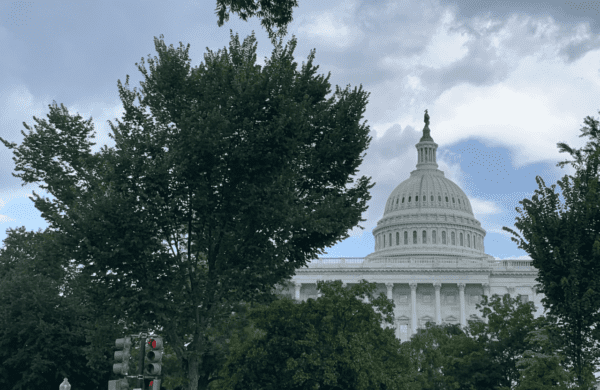
A $1-trillion infrastructure bill with tax credits for financially-struggling nuclear power plants passed the Senate on a widely bipartisan vote this week.
The infrastructure package cleared the Senate in a 69-30 vote Tuesday and now heads to the House, whose…